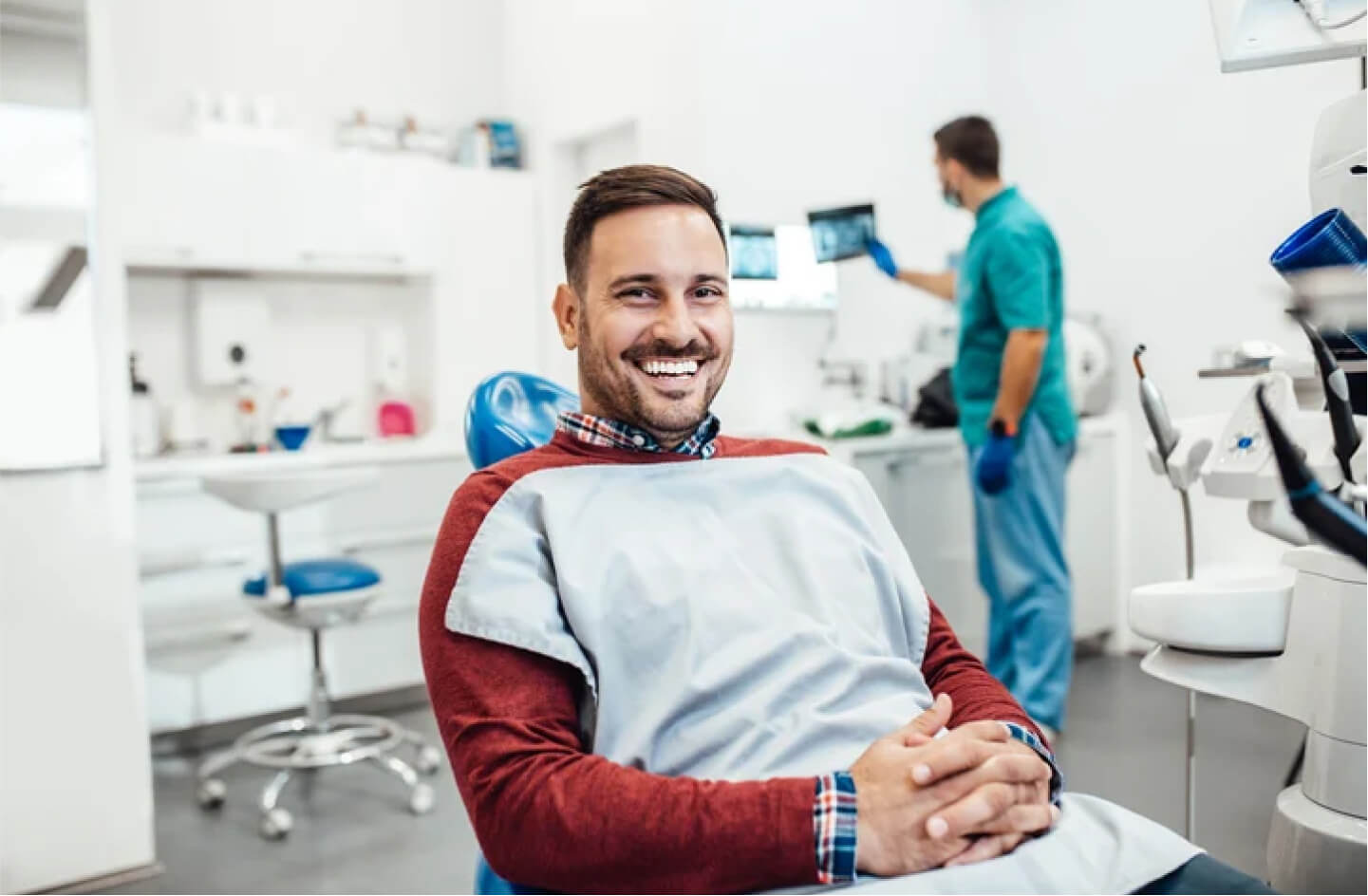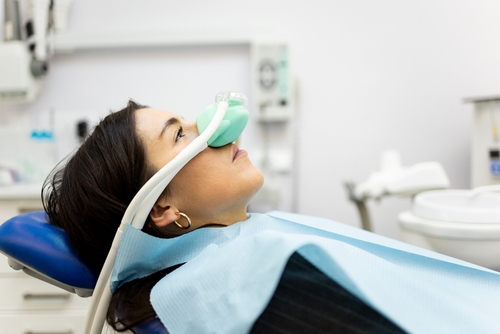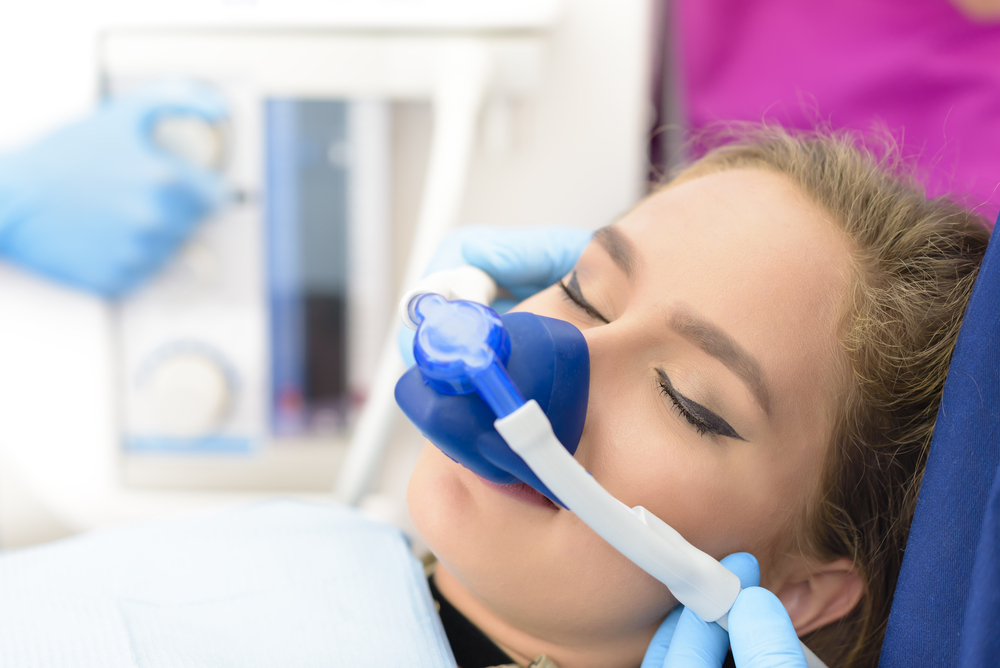Also known as sedation dentistry, sleep dentistry is an essential aspect of dental care. It involves the use of sedation during the treatment of various dental issues. The main reason for using sedation is to ensure that the patient will be relaxed during the dental procedure. While you might like the idea of sleep dentistry, it's possible that you have some questions you need answered before you can decide whether you want to use it or not. Here's what you need to know about sedation/sleep dentistry.
What is Sleep Dentistry?
Sleep dentistry is a process where your dentist uses a sedative before carrying out a dental procedure. Typically, the medications that are administered simply relax you. However, it's possible that you can feel so relaxed you end up asleep.

What Are The Types of Sleep Dentistry?
There are different types of sleep dentistry depending on what procedure is being done and your unique needs. Some factors that influence the level of sleep dentistry include the length of the procedure, your level of anxiety, personal preference, and medical history. The most common types of sleep dentistry include nitrous oxide(laughing gas), oral conscious sedation, and intravenous sedation.
Nitrous Oxide
Also known as "laughing gas," nitrous oxide is a gas administered via a mask or nosepiece. The calming effects of this gas start kicking in after about three minutes. The dentist will control the level of sedation you get and adjust your dose accordingly during the procedure. Once the procedure is done, the dentist will flush the nitrous oxide out using pure oxygen. This is a super quick process; the gas leaves your system so fast that you can drive yourself home.
Oral Conscious Sedation
With oral sedation, you will be given a sedative medication in pill form an hour before the procedure. The majority of dentists use triazolam. The drug is part of the diazepam family. It's also possible that your dentist could use other medications, including lorazepam. Dentists usually use liquid sedation when dealing with kids. Common options include midazolam oral syrup. Oral sedation can make you quite groggy, and it's common for people to fall asleep. However, even if you sleep, you will awaken with a gentle nudge. Oral sedation is a bit stronger than nitrous oxide, so you may want to bring someone to take you home after the appointment.
Intravenous (IV) Sedation
This is the deepest form of sleep dentistry. As you might imagine from the name, your dentist will deliver sedatives directly into your bloodstream. During the procedure, your heart rate will be monitored, together with oxygen levels and blood pressure. The dentist will be adjusting your dosage levels during the procedure, and they can administer reversal drugs when necessary. Most people who receive IV sedation fall asleep, and they won't remember much about their treatment afterward. This is an excellent option for people with severe dental anxiety and those undergoing lengthy procedures.
Sleep Dentistry Under General Anaesthesia
This is the highest level of sleep dentistry. General anaesthesia in dentistry is generally reserved for patients whose behaviour can not be managed by pharmacological techniques like nitrous oxide sedation and oral sedation. For instance, it is recommended for use in patients with moderate to severe intellectual disabilities. In such cases, general anaesthesia becomes the only way to administer treatment. Apart from intellectually challenged persons, general anaesthesia can also be used in very young children and patients with complex medical situations. Lastly, sleep dentistry under GA should be used in healthy, severely uncooperative patients and those suffering from extreme dental phobia.
Is Sleep Dentistry Safe?
Sleep dentistry is safe when administered by a licensed dentist or healthcare provider. The dentist will be monitoring you and adjusting your dosage accordingly. If you receive IV sedation, specific drugs can be used to reverse the effects of the sedative if the dentist needs to wake you.
What Are The Risks of Sleep Dentistry?
There are, however, some short-term risks that include lingering drowsiness and dry mouth. You can also experience nausea, headaches, and bruising from an IV. It's pretty rare for people to have an allergic reaction to oral sedation medications. However, if it happens, some drugs can counteract such issues.
Advantages of Sleep Dentistry
If you have a lot of dental anxiety, you can avoid going to the dentist for years. A lot of people are too nervous about receiving dental treatment. Some are worried about the pain of treatment, and some don't like the sound made by dental instruments. Sleep dentistry can be a great way to make you relax during treatment. It's also a helpful tool if you plan to get a lot of dental work done in a single appointment.
There are lots of reasons why you may be interested in sleep dentistry. If you have had a poor experience in the past or you are particularly pain sensitive, you can talk to your dentist about sleep dentistry. It's also a good option if you are resistant to local anaesthetic or undergoing a long procedure. If you want to learn more about this technique, set up an appointment with your dentist today. They can help you decide if sleep dentistry is the right option for you. Most patients who choose sleep dentistry report that seeing the dentist has become a more pleasant experience.
Advantages of Sleep Dentistry Under General Anaesthesia
Sleep dentistry under general anaesthesia has several advantages. One of the most significant advantages is that it does not require the patient's cooperation. The patient will be unconscious, and they won't feel any pain. Apart from that, it also offers a degree of amnesia, and this can prevent the exacerbation of dental phobia. Since the patient will wake up with no recollection of the procedure, their dental fear will not become worse.

Our Dental Patients Also Ask
What is sedation dentistry?
Sedation dentistry is a process where dentists use sedatives to help patients relax.
What is sleep dentistry like?
The feeling you get with sleep dentistry depends on the type of sedation used. Mild forms of sedation will make you feel calm and at ease. With moderate sedation, you will stay awake but won't remember what happened during the treatment. With IV sedation, you will likely be asleep for the duration of the treatment, and you will be completely unaware.
What do dentists use for sleep dentistry?
Different sedatives are used to put you to sleep. The type of sedative used depends on the level of sleep dentistry. You can get a pill, a gas mask, or a sedative administered via an IV line.
Do you feel pain with oral sedation?
Oral sedatives will make you drowsy and pain-free.
Is it possible to be put to sleep at the dentist's?
Yes, you can fall asleep when you are put under sedation. While you can stay awake with oral and nitrous oxide sedation, IV sedation will likely put you to sleep.
Can I be put to sleep for tooth extraction?
Yes. The dentist can put you to sleep if you have severe dental anxiety.
How much does sleep dentistry cost?
Your out-of-pocket costs for sleep dentistry depend on your insurance coverage. Generally speaking, sedation dentistry costs vary depending on what treatment/type of sedation you would need. This could range between about $500 to $1200 per hour.
Have More Questions About Sleep Dentistry?
If you have more questions about sleep dentistry, our experienced team at Mulgrave Dental Group is here to help answer them. Call us at (03) 9562 5156 or book a dental consultation online to discuss the best options for your needs. Your comfort and care are our top priorities.
Smile Makeover Client
Your Healthier Smile Awaits
Whether you're looking to improve your dental health or enhance your smile, we're here to help. Book an appointment with Mulgrave Dental Group today!
Book Now


